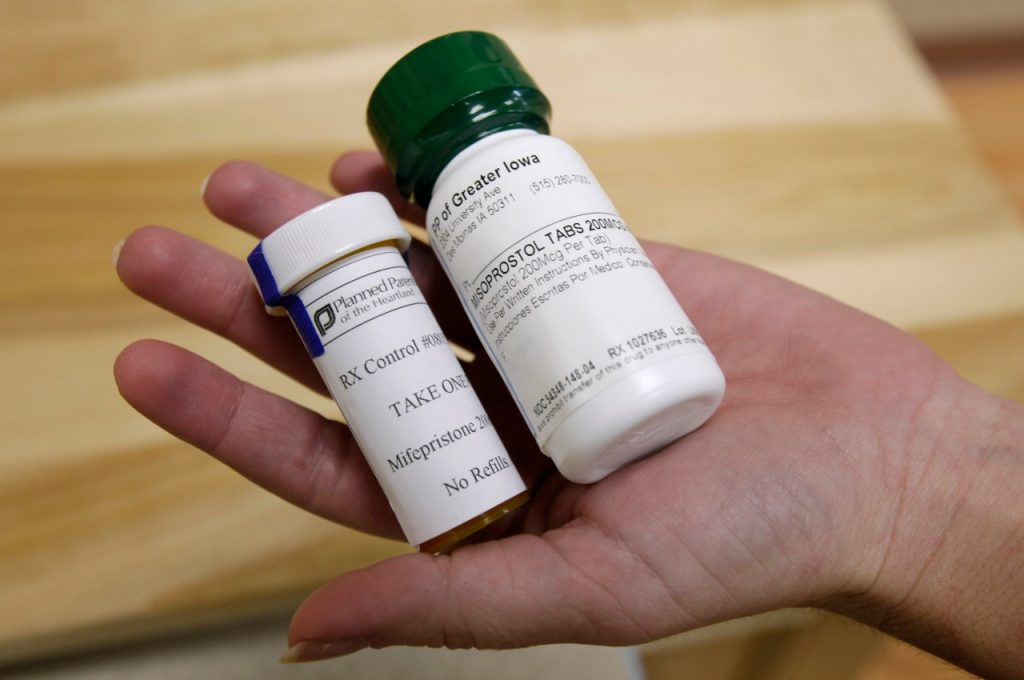
Uncertainty surrounds ‘abortion pill’ access, legality
(NewsNation) — The pills used to perform medically induced abortions are shaping up to be at the center of the next fight in the U.S.
Several states have already banned and criminalized abortion following a U.S. Supreme Court ruling Friday that overturned Roe v. Wade. The landmark case had previously secured abortion as a constitutional right.
Now, as the decision falls back to the individual states, some worry about future access to the FDA-approved pills that can be used to induce abortion in a private setting.
“This is a very viable option,” said Monica Skoko, a former nurse for Planned Parenthood. “It is an incredibly safe option.”
Some opposed to abortion, however, want to see it outlawed.
“It’s no different than a surgical abortion,” said Florida Family Policy Council President John Stemberger. “It ends that unborn child’s life and we think that’s morally wrong, we think it should be legally wrong.”
A medical abortion requires taking two FDA-approved pills: mifepristone and misoprostol, according to the Mayo Clinic. Mifepristone blocks the hormone progesterone and keeps the embryo from staying implanted in the uterus. Misoprostol rids the embryo from the body.
The procedure is most effective during the first trimester of pregnancy, according to the Mayo Clinic.
The option has become increasingly more common in the U.S. and accounted for more than half of all abortions in 2020, according to the Guttmacher Institute, a group that researches and supports abortion access.
“You get to have that in the privacy of your own home,” Skoko said. “You get to kind of dictate and have that power.”
In 2020, the FDA lifted a requirement to get the pills in person. People in some states now can have the drugs mailed to them.
But other states are trying to restrict access to the medication.
Kentucky, Tennessee and South Dakota limit access to abortion medication by specifying that the pill cannot be mailed or requiring specific qualifications of the doctor providing the service.
Healthcare attorney Harry Nelson said it would be “almost impossible” for states to stop people from accessing abortion pills through telehealth or doctors in other states.
“We’ve been fighting a losing battle for over a decade trying to stop opioids and fentanyl from being mailed into the country and other places,” Nelson said. “There’s absolutely no way that these states are going to be able to do anything about medication being mailed from overseas or outside of the country, or frankly even from in the country, from advocacy groups.”
“States may not ban mifepristone based on disagreement with the FDA’s expert judgment about its safety and efficacy,” Attorney General Merrick Garland said in a statement last week. He added that the Justice Department “will work tirelessly to protect and advance reproductive freedom.”
Garland also said that in addition to protecting providers and those seeking abortions in states where it remains legal, “we stand ready to work with other arms of the federal government that seek to use their lawful authorities to protect and preserve access to reproductive care.”
Some states, including Texas and Oklahoma, are taking a new approach by allowing bans to be enforced through private lawsuits. Under those laws, private citizens can sue abortion providers and anyone who aids an individual in obtaining an abortion.
The Associated Press contributed to this report.